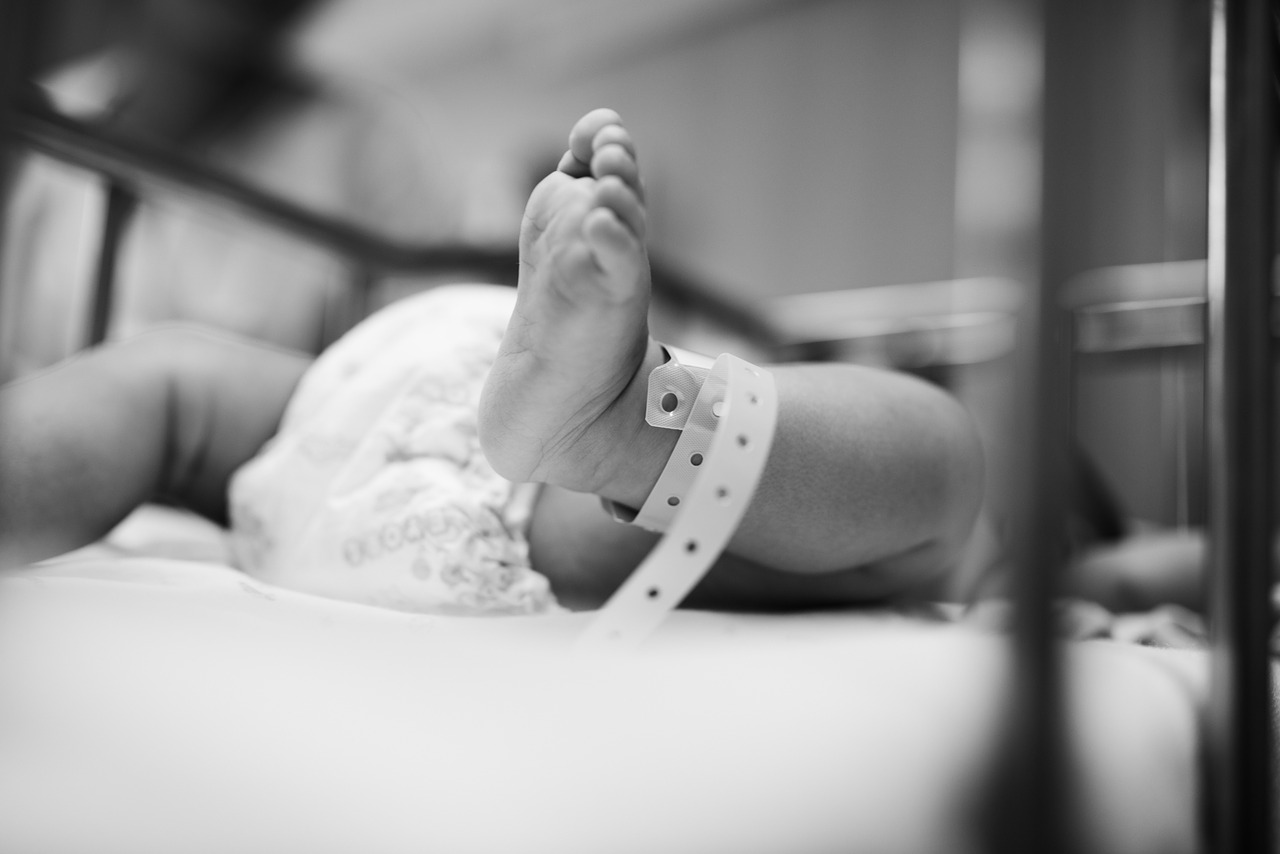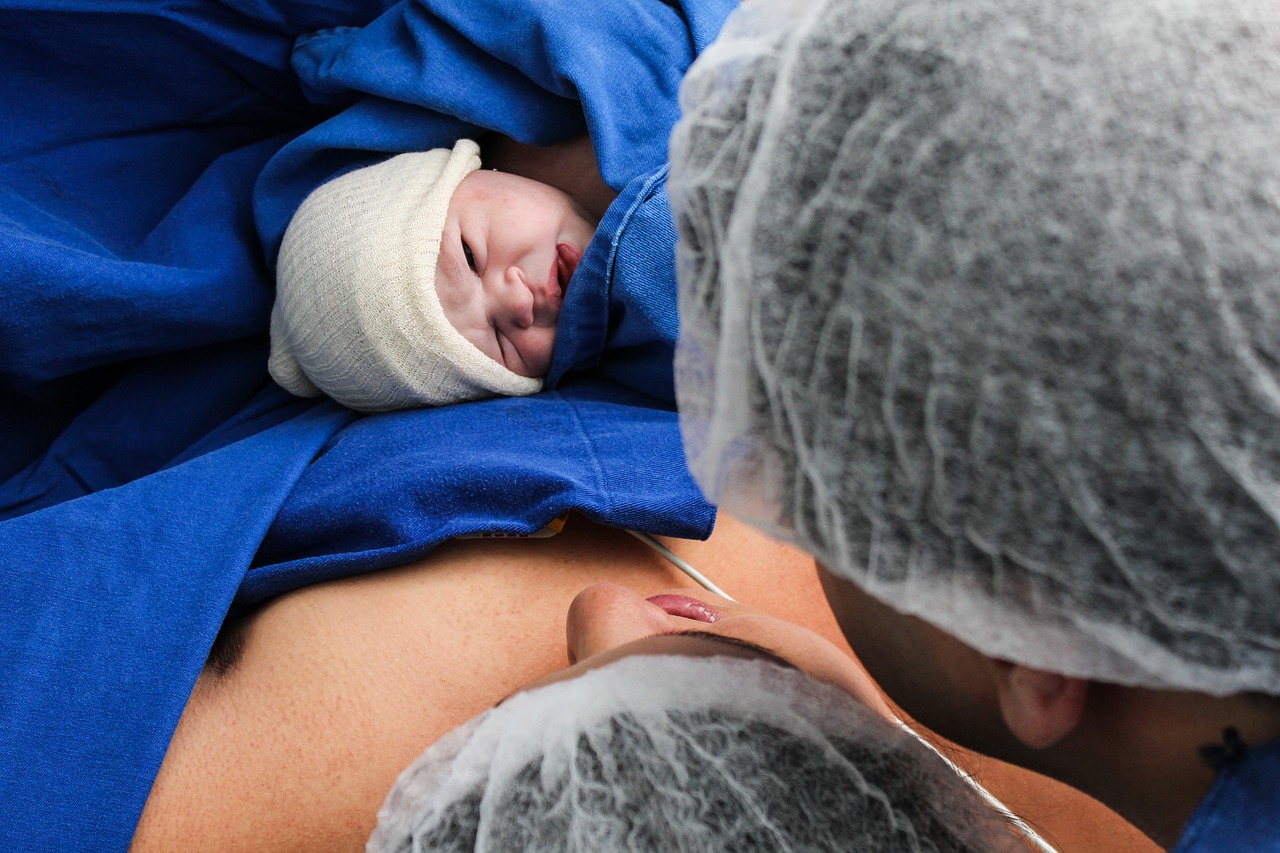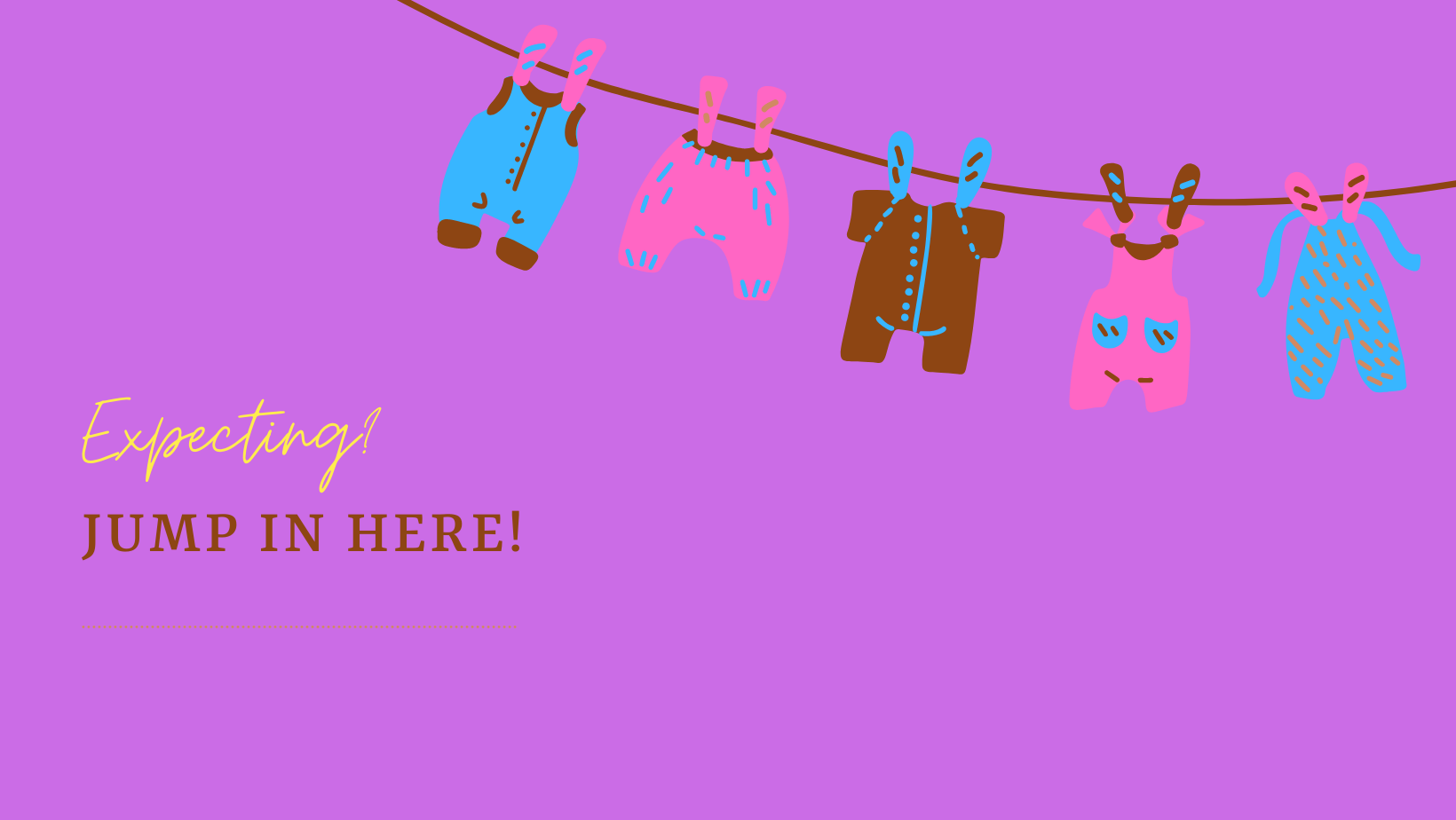Having a baby after 35 is a common practice these days.
Understanding the issues older mothers might face helps you better prepare and have a healthy pregnancy.
Many women are delaying pregnancy well into their 30s and beyond plus, delivering healthy babies at old age. Taking special care of yourself before getting pregnant and after, can help give your baby and you, the best start.

WHAT TO EXPECT
There is nothing bad in being 35 and pregnant. It’s simply an age at which various risks become more prominent hence the need for special health care before, during and after. The under listed subtitles, throw more light on older motherhood and what to expect.
1. For one, we all know the biological clock is ticking. So it might take longer to get pregnant. We are born with a limited number of eggs. As we reach our mid-30s to late 30s, our eggs decrease in quantity and quality. Also, older women’s eggs aren’t fertilized as easily as younger women’s eggs. If you are older than age 35 and haven’t been able to conceive for six months, consider seeking the advice fo a medical doctor or gynaecologist.
2. At this age, you’re also more likely to have multiple pregnancies. The chance of having twins increases with age due to hormonal changes that could cause the release of multiple eggs at the same time. The use of assisted reproductive technologies — such as in vitro fertilization — also can play a vital role.
3. We’re more likely to develop gestational diabetes. This type of diabetes, which occurs only during pregnancy, is more common as women get older. Tight control of blood sugar through diet and physical activity is essential. Sometimes medication is needed, too. Left untreated, gestational diabetes can cause a baby to grow significantly larger than average — which increases the risk of injuries during delivery. Gestational diabetes can also increase the risk of premature birth, high blood pressure during pregnancy, and complications to your infant after delivery.
4. We’re more likely to develop high blood pressure during pregnancy. Research suggests high blood pressure that develops during pregnancy is more common in older women. Ensure your health care provider carefully monitors your blood pressure and your baby’s growth and development at every anti-natal session. You will need more frequent obstetric appointments and you might need to deliver before your due date to avoid complications.
5. We are more likely to have a low birth weight baby and premature birth. Premature babies, especially those born earliest, often have complicated medical problems.
6. You might need a C-section. Older mothers have a higher risk of pregnancy-related complications that might lead to a C-section delivery. An example of a complication is a condition in which the placenta blocks the cervix (placenta previa). I had a C-section due to a small pelvis and a big baby. Also because I had a traumatic delivery, with my firstborn.

7. The risk of chromosome abnormalities is higher. Babies born to older mothers have a higher risk of certain chromosome problems, such as Down syndrome.
8. The risk of pregnancy loss is also higher. The risk of pregnancy loss — by miscarriage and stillbirth — increases as you get older, perhaps due to pre-existing medical conditions or fetal chromosomal abnormalities. Research suggests that the decrease in the quality of our eggs, combined with an increased risk of chronic medical conditions such as high blood pressure and diabetes, could increase our risk of miscarriage. Ask your health care provider about monitoring your baby’s well-being during the last weeks of pregnancy.
A lot of older Moms, however, have had save delivery and healthy babies. They have also come out healthy and strong. However, we can not ignore the fact that some have died due to complications during delivery. Complications that would have been avoided if only precautions were taken during pregnancy and if only the doctors were pre-informed that the mother was an older mom.
There is nothing to be ashamed of, let your doctor or your health provider know you are above 35 and ensure they carry out the necessary checks and precautions to ensure a healthy you and a healthy baby.
Xoxo
@momat4ty

